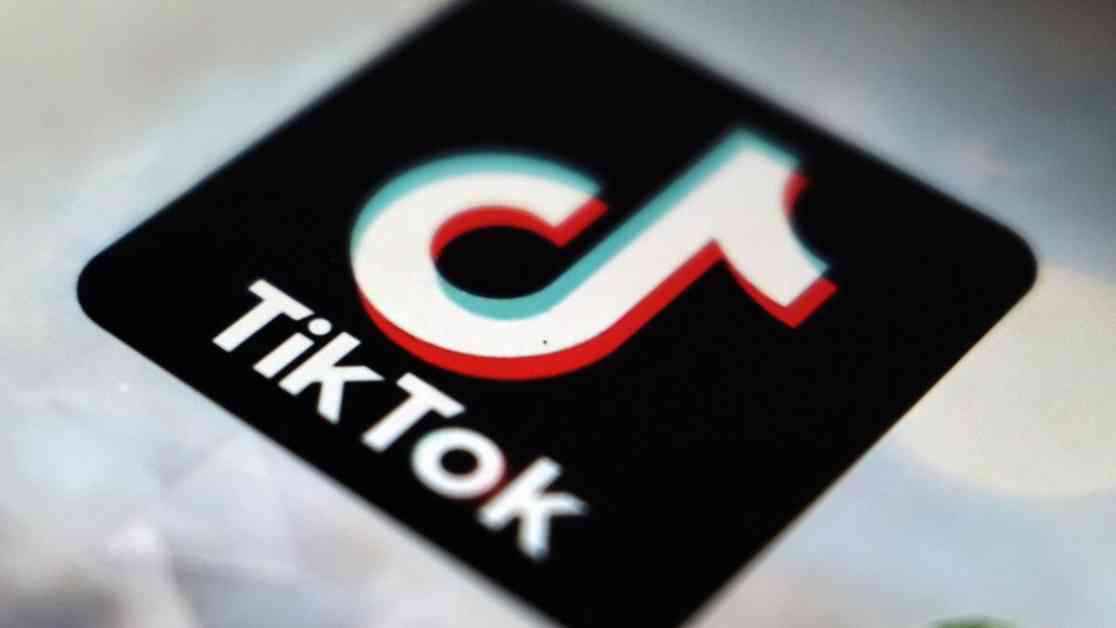President Trump has once again extended the deadline for TikTok to sell its U.S. operations, averting a potential ban on the popular social media app. This eleventh-hour decision comes as a result of ongoing negotiations aimed at resolving national security concerns tied to TikTok’s Chinese parent company, ByteDance.
In a recent announcement on Truth Social, President Trump expressed optimism about the progress made in reaching a deal to “SAVE TIKTOK.” He emphasized the need for additional time to secure all necessary approvals, leading to the signing of an Executive Order that grants TikTok an additional 75 days of operation in the U.S. Trump’s decision to extend the deadline highlights the complexity of the negotiations and the importance of finding a mutually beneficial agreement.
The tension between the U.S. and China was further exacerbated by the imposition of steep tariffs on both sides. President Trump’s move to implement tariffs was met with disapproval from China, prompting a retaliatory 34% tariff on all U.S. imports. This tit-for-tat exchange underscores the delicate balance of trade relations between the two global superpowers and the ripple effects it can have on various industries.
The Background of TikTok’s Turbulent Journey
Since 2020, TikTok has been at the center of controversy in the U.S. due to concerns about data privacy and national security risks associated with its Chinese ownership. President Trump’s initial efforts to ban the app during his tenure highlighted the growing scrutiny surrounding foreign-owned tech companies operating in the country. The fear that ByteDance could potentially share user data with the Chinese government or engage in harmful activities fueled the push for regulatory action.
In response to mounting pressure, President Biden signed legislation mandating ByteDance to divest its U.S. business operations or face a nationwide ban. This legal requirement set the stage for a high-stakes battle between TikTok and the U.S. government, culminating in a Supreme Court ruling upholding the ban on app stores distributing the social media platform. The subsequent legal showdown underscored the complex interplay between national security concerns and constitutional rights in the digital age.
The Race to Secure TikTok’s Future
Behind the scenes, a fierce bidding war has unfolded among potential buyers vying for TikTok’s U.S. operations. A diverse group of players, including tech giants like Amazon, Oracle, and Microsoft, as well as unconventional candidates like former Dodgers owner Frank McCourt and YouTuber MrBeast, have entered the fray to acquire the coveted asset. The competitive landscape reflects the strategic importance of TikTok’s vast user base and engagement metrics in the ever-evolving social media landscape.
President Trump’s recent comments hint at the imminent closure of a deal with a promising consortium of investors, signaling a potential breakthrough in the negotiations. The collaborative efforts between various stakeholders to navigate the intricate regulatory landscape and address national security concerns underscore the complexity of the deal-making process. As the deadline extension provides a temporary reprieve for TikTok, the final outcome remains uncertain, with far-reaching implications for the future of digital platforms and global trade dynamics.
In conclusion, the ongoing saga surrounding TikTok’s fate underscores the intricate interplay between national security imperatives, regulatory compliance, and commercial interests in the digital age. The evolving dynamics between the U.S. and China, coupled with the competitive pressures in the tech industry, highlight the complex challenges facing policymakers, businesses, and consumers in the digital ecosystem. As the clock ticks on TikTok’s future, the stakes are high, and the path forward remains uncertain, with profound implications for the broader geopolitical landscape.













